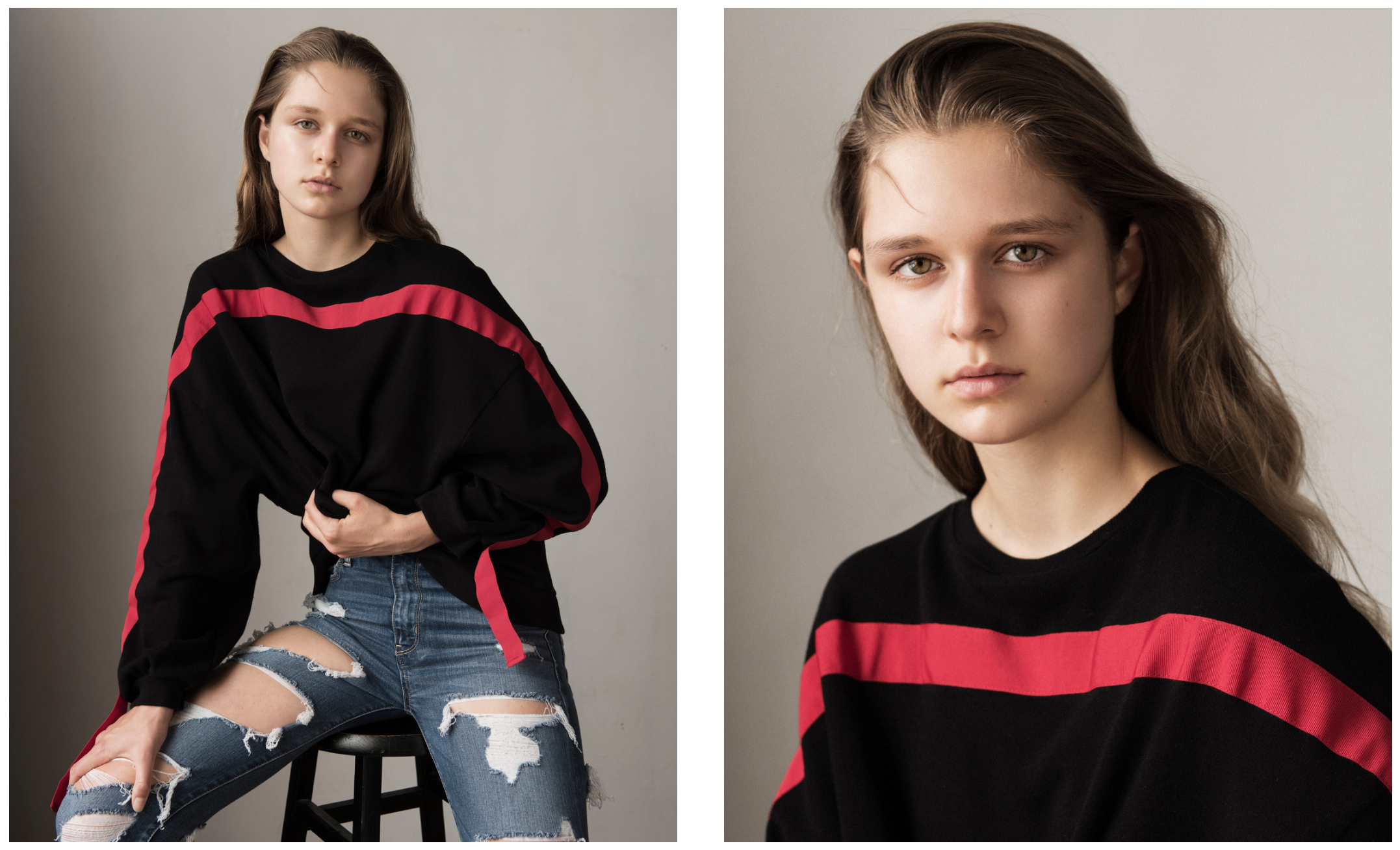Modeling in New York City with Payton Nagler
Payton Nagler ’19 is a model represented by boutique agency Nova Management and The Model Coaches. Since graduating, she has walked in shows during New York Fashion Week and has been seen on the likes of VOGUE Magazine.
Payton started modeling after being scouted on Instagram by an agent. “My mom has been trying to get me into it since I was small,” she admits, “it seemed like a great way to spend a year or two living in New York before college.” Her favorite part of modeling is getting to be involved in “a really interesting and individual type of creative process” and meeting “really interesting, cool people.” Her job has given her the opportunity to live in and explore a big city by herself with very few academic deadlines looming over her. So far, all of Payton’s modeling work has happened in New York City. “The amount of travel I’ve done within the city has awarded me a fairly expansive knowledge of the city itself for the rather minimal amount of time I’ve lived here.”
For those who aren’t familiar with the fashion industry, what is life as a model really like? Payton shares that for most of her jobs, she just has to show up: “all that’s really required of me when I get there is to be clean — no hair team wants to stick their hands in greasy hair — and to be nice and energetic.” For shows, black nail polish is a definite no (“that’s a sure way to make them hate you. Oops.”).
However, the fashion industry isn’t all glitz and glamour. Payton feels that the largest misconception about modeling is the stereotype that models are unintelligent divas. “Most of the girls I work with are either actively in school and working while getting their degree,” she clarifies, “[Modeling is] not an easy job, either. It’s not the most intellectually demanding work, but it’s physically demanding. It’s harder than you’d expect to stand in heels for ten hours, while being aware of exactly what your body is doing at any given moment, while being given vague critiques, without getting visibly frustrated or tired.”
“Everyone you meet is working extremely hard to be where they are,” Payton says, “It’s a very competitive industry for everyone involved in it, not just models. Everyone is largely replaceable, so the people you work with are usually nice and super dedicated to whatever project they’ve been booked on.”
Payton modeling for Gauntlett Cheng in 2019, as seen on Vogue.com.
Payton notes that she was particularly proud to have booked Gauntlett Cheng’s show last season. Gauntlett Cheng is a New York City-based label run by Esther Gauntlett and Jenny Cheng, which combines elements of vintage and fantasy. “It was a really fun and chaotic experience,” she says, “The team there is really great. I ended up being their fit model as well, so I spent a whole day with them before the show, [during which] they basically built the clothes around me and decided what they wanted to include in the show.”
While modeling presents a mix of challenging and rewarding experiences, Payton suggests that students interested in modeling do their research. “Every bad thing you’ve heard about the fashion industry is true,” she says, “Don’t trust the first agent that reaches out to you. If you’re looking for representation, a lot of the larger agencies have pages on their websites where you can say a little about yourself and submit pictures. That’s a great place to start.” In addition to the practical aspect of finding work as a model, Payton notes that there is psychological preparation required as well. “You’ll likely get rejected way more frequently than you’ll actually book, so it’s important to understand that 99% of the time it’s not personal and it is simply about whatever ‘look’ they’re envisioning for a specific product.”
Payton for KEANE New York.
Outside of modeling, Payton usually reads and goes to museums or the zoo for fun. Since she’s taking a gap year, “I’ve honestly just been working and reading a stack of books that I don’t need to write papers on.”
For Payton, OHS was appealing due to its intellectual stimulation. She attended the school for three years because she found it more interesting than her brick-and-mortar school. Her favorite courses at OHS were Revolutions and Rebellions and American Culture and Society, both history classes taught by Dr. Smith. When reflecting on her time at OHS, Payton shares, “The most important thing I learned at OHS was to actually think about what I was being taught rather than simply try to absorb it. To doubt the authors we’re reading. Think critically.”
She also notes that OHS has prepared her for life after graduation “because it developed my confidence in my ability to get things done at the last possible second and somehow make more time where none existed. I’m always almost late but I’m never actually late for anything. That’s probably not the answer anyone in administration wants,” she deadpans, “but it’s the one I have right now.”
What advice would Payton give to current OHSers? “I would tell freshman me to seriously just take a few breaths and calm down. Things work out,” she says. She adds that everyone gets things done at their own pace, so there’s no need to compare where you are to where other people are. What’s the best advice Payton has ever received? She quotes John Mulaney: “Whatever. This might as well happen. Adult life is already so goddamn weird.”






